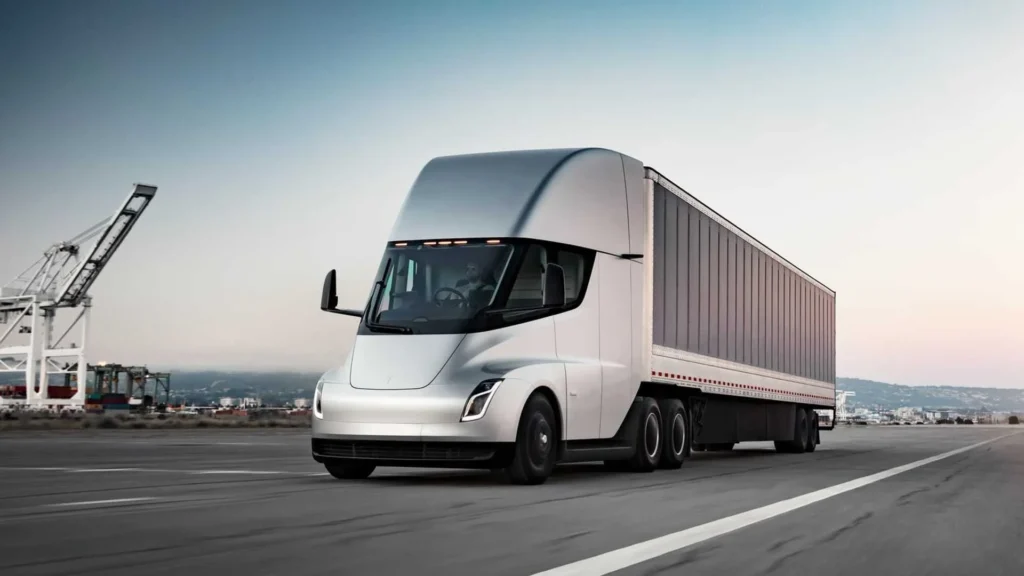The Rise Of Electric Trucks: Are They The Future Of Hauling? With the increasing focus on sustainability and reducing carbon emissions, the rise of electric trucks has become a topic of great interest in the transportation industry. Electric trucks are seen as a promising alternative to traditional diesel-powered vehicles, offering the potential for lower environmental impact and reduced operating costs. As technology continues to advance, the viability and practicality of electric trucks for hauling goods are being closely examined. This shift towards electric trucks has the potential to revolutionize the hauling industry and significantly impact the future of transportation.
As the transportation industry continues to evolve, many are curious about the potential benefits and drawbacks of electric trucks. The increased focus on renewable energy sources, the potential for reduced maintenance costs, and the impact on long-haul transportation are all key considerations in evaluating the future of electric trucks. Additionally, questions about the infrastructure needed to support widespread adoption, the range and charging capabilities of electric trucks, and the overall cost-effectiveness are also important factors driving the conversation around the future of hauling.
The Rise of Electric Trucks
Electric trucks have been gaining momentum in the transportation industry as companies and governments seek to reduce carbon emissions and reliance on fossil fuels. With advancements in battery technology and the push for sustainability, electric trucks have emerged as a promising solution for long-haul transportation.
Major truck manufacturers have been investing in electric truck technology, developing models that can compete with traditional diesel trucks in terms of range and performance. As a result, the market for electric trucks is growing, with more options available to fleet operators looking to transition to cleaner and more efficient vehicles.
The Environmental Impact
One of the key driving forces behind the rise of electric trucks is their potential to reduce greenhouse gas emissions and air pollution. By eliminating tailpipe emissions, electric trucks can help improve air quality in urban areas and reduce the transportation sector’s contribution to climate change.
Additionally, as the grid continues to incorporate more renewable energy sources, the environmental benefits of electric trucks will further increase. By charging with clean energy, electric trucks can operate with minimal environmental impact, making them a key player in the transition to a low-carbon transportation system.
The Advantages of Electric Trucks
Electric trucks offer several advantages over traditional diesel trucks, including lower operating costs and reduced maintenance requirements. With fewer moving parts and simpler drivetrains, electric trucks can offer significant savings in terms of maintenance and repairs.
Furthermore, electric trucks are quieter and produce less noise pollution than diesel trucks, making them well-suited for nighttime deliveries in urban areas. Their instant torque and smooth acceleration also provide a more comfortable driving experience for truck drivers, contributing to improved overall job satisfaction.
The Challenges and Limitations
Despite their potential, electric trucks still face challenges and limitations that need to be addressed for wider adoption. One of the main obstacles is the availability of charging infrastructure, especially for long-haul routes where fast and reliable charging stations are essential.
Additionally, the upfront cost of electric trucks and the limited range of some models remain concerns for fleet operators. However, as technology continues to advance and economies of scale come into play, these challenges are expected to diminish over time.
The Future of Hauling
As technology and infrastructure continue to improve, electric trucks are poised to play a significant role in the future of hauling. Their potential to reduce emissions, lower operating costs, and provide a more sustainable transportation solution makes them an attractive option for fleet operators and policymakers alike.
With ongoing advancements in battery technology and the electrification of the transportation sector, electric trucks are likely to become an increasingly common sight on the roads, shaping the future of hauling and contributing to a cleaner, greener environment.
| Key Points |
|---|
| Electric trucks are becoming increasingly popular in the transportation industry. |
| They offer environmental benefits by reducing emissions and reliance on fossil fuels. |
| Electric trucks also provide cost savings in the long run, despite higher initial investment. |
| Infrastructure for electric truck charging is expanding, making it more feasible for widespread adoption. |
| Despite the benefits, challenges such as limited range and charging infrastructure still need to be addressed. |
Electric trucks are gaining traction as a promising alternative to traditional diesel trucks. They offer environmental and cost-saving benefits, but there are still challenges to overcome for widespread adoption.



